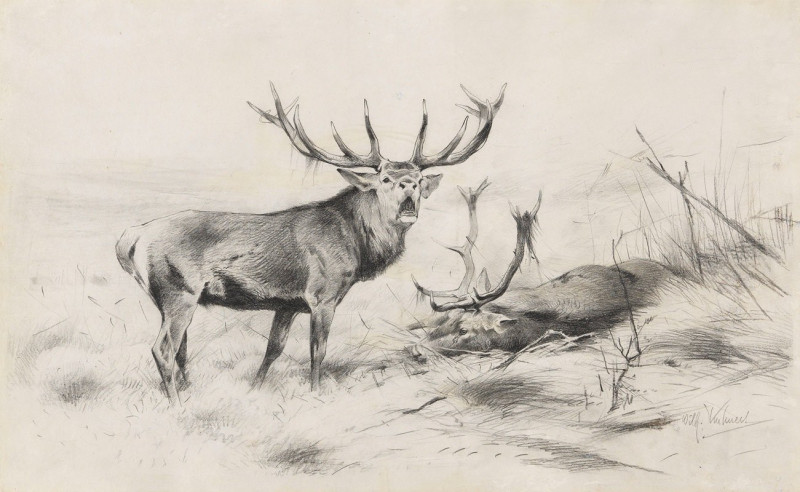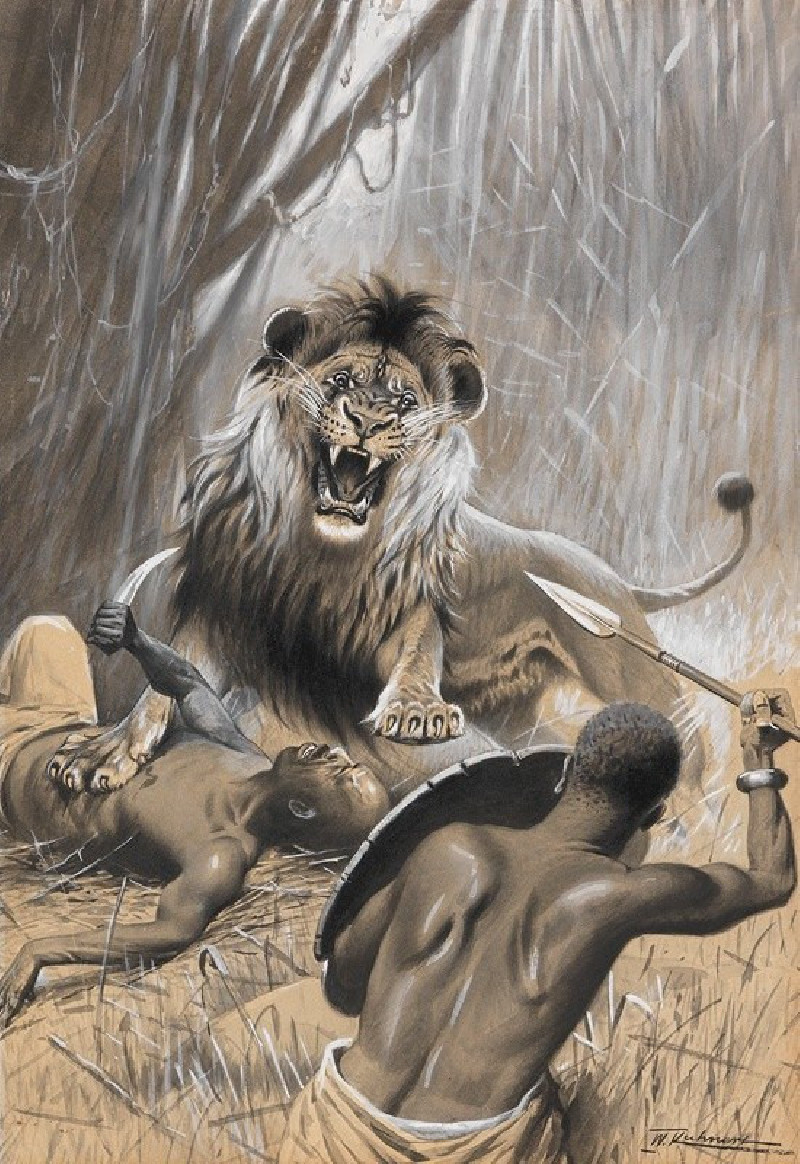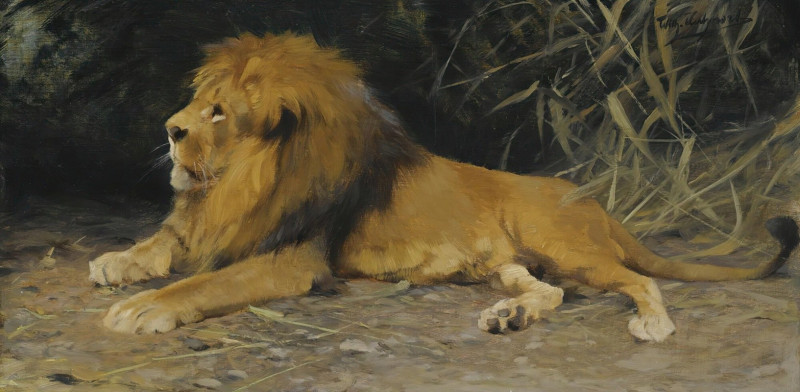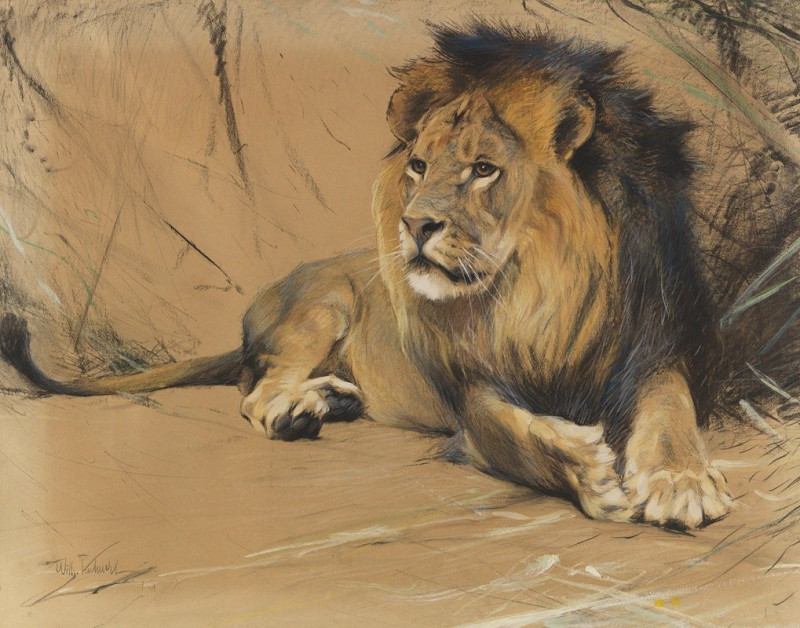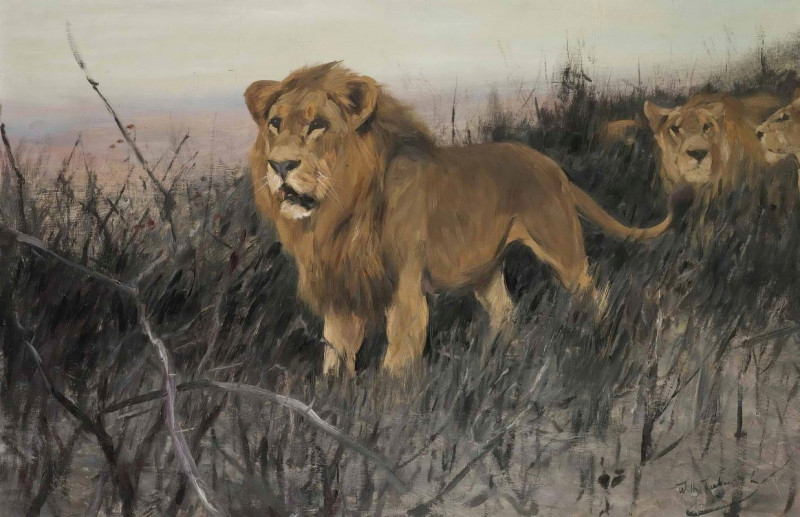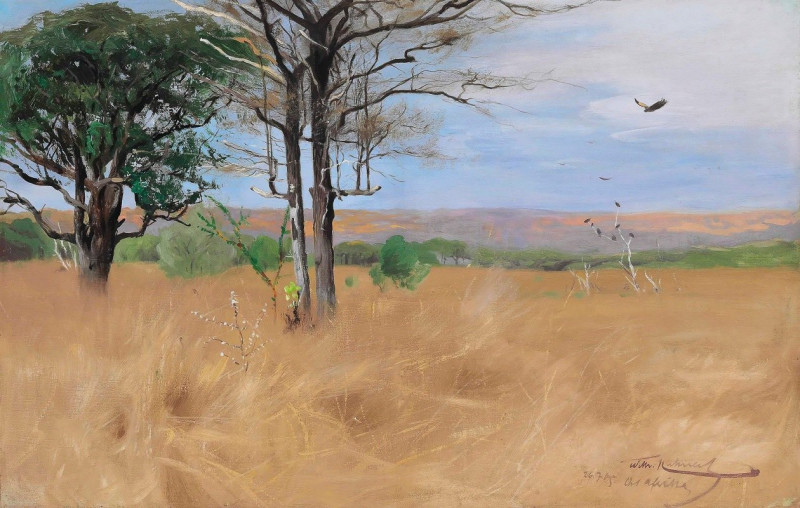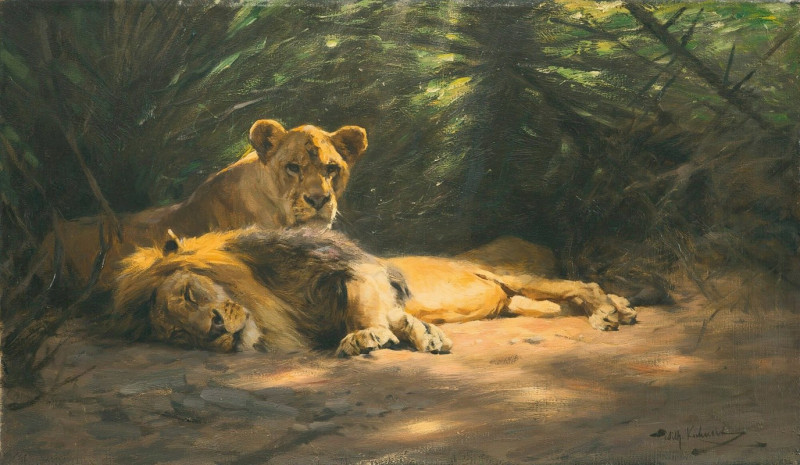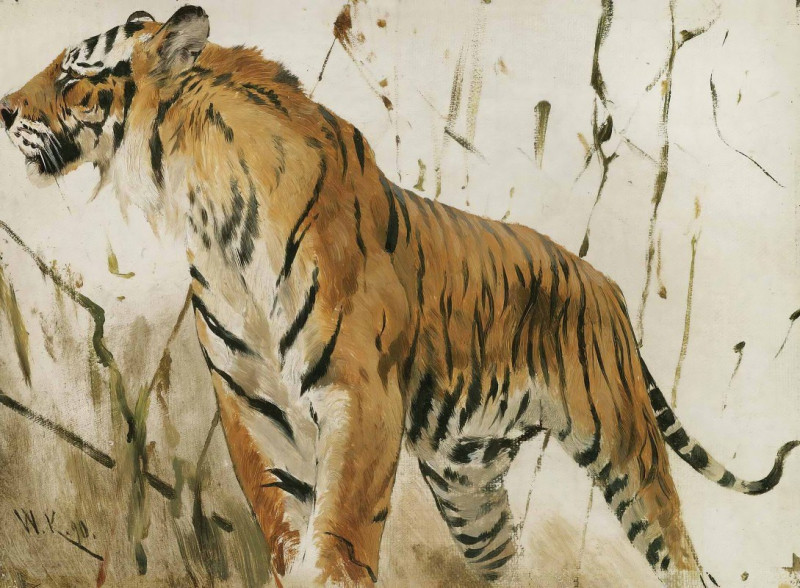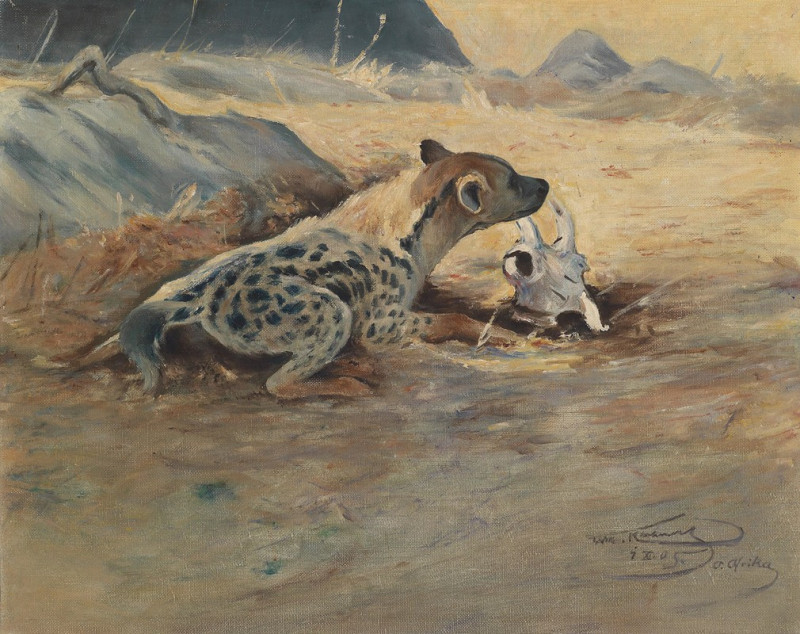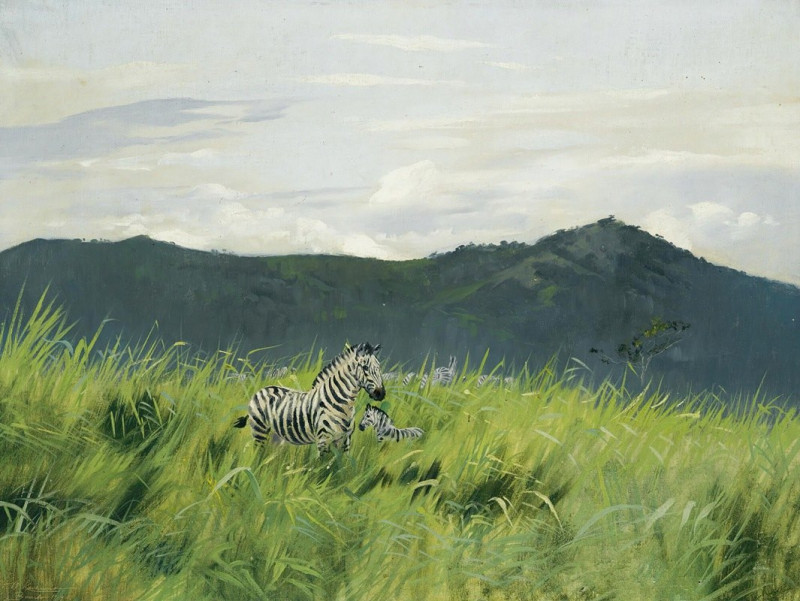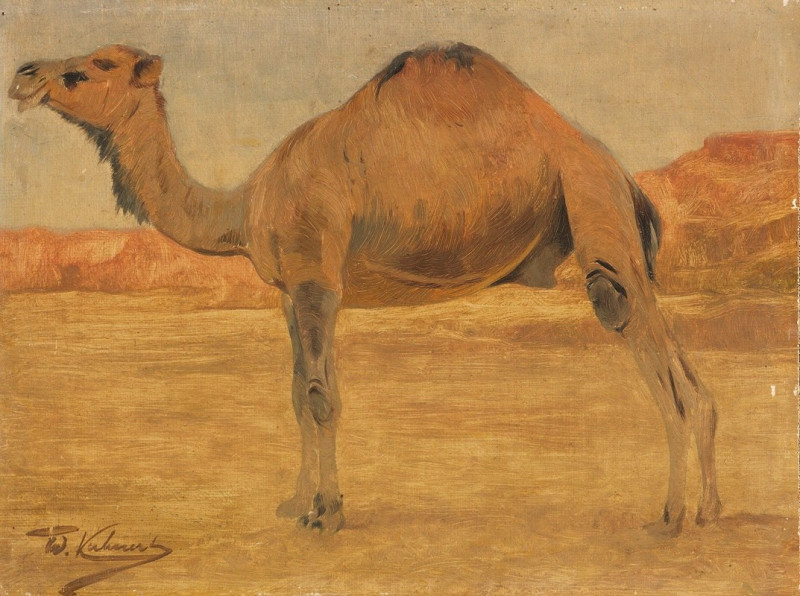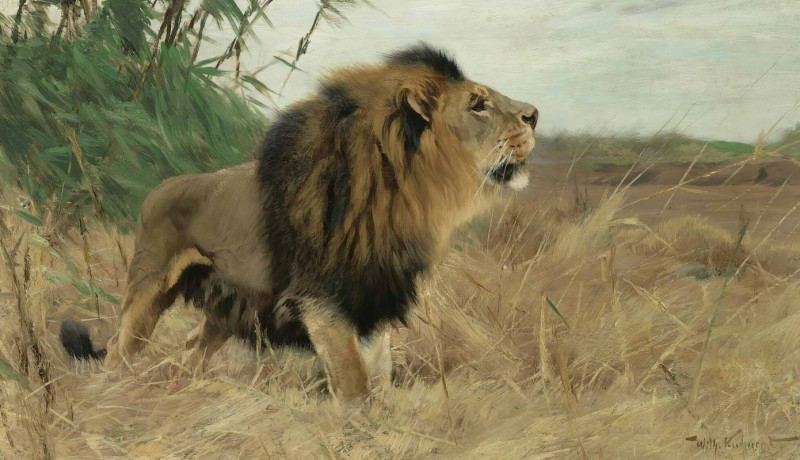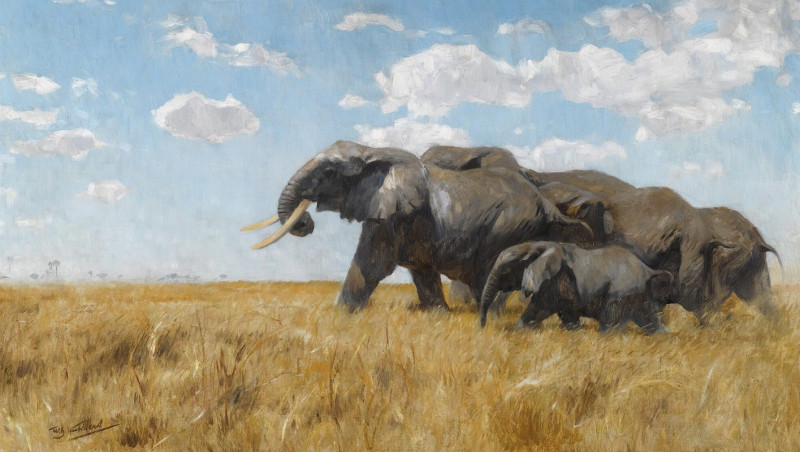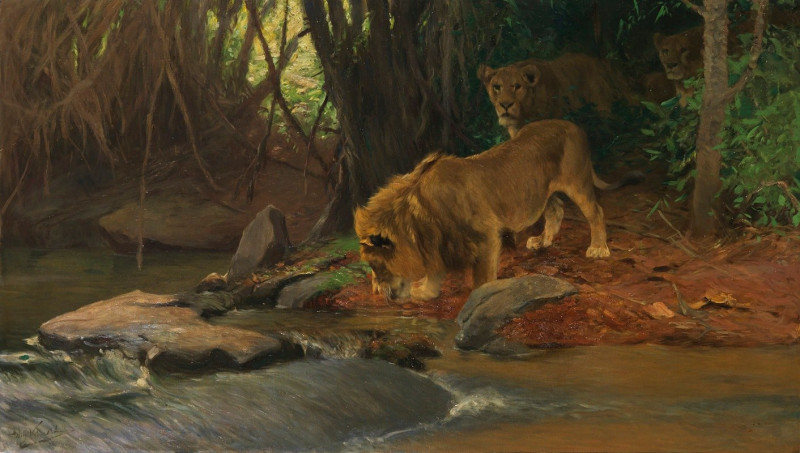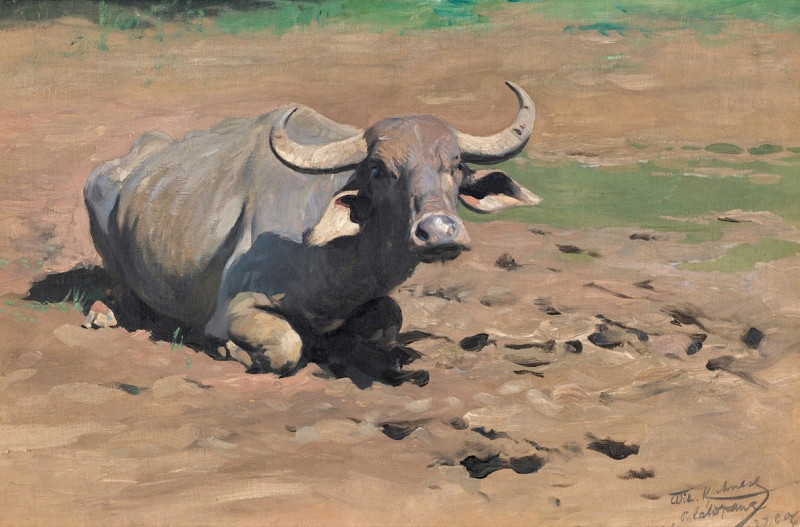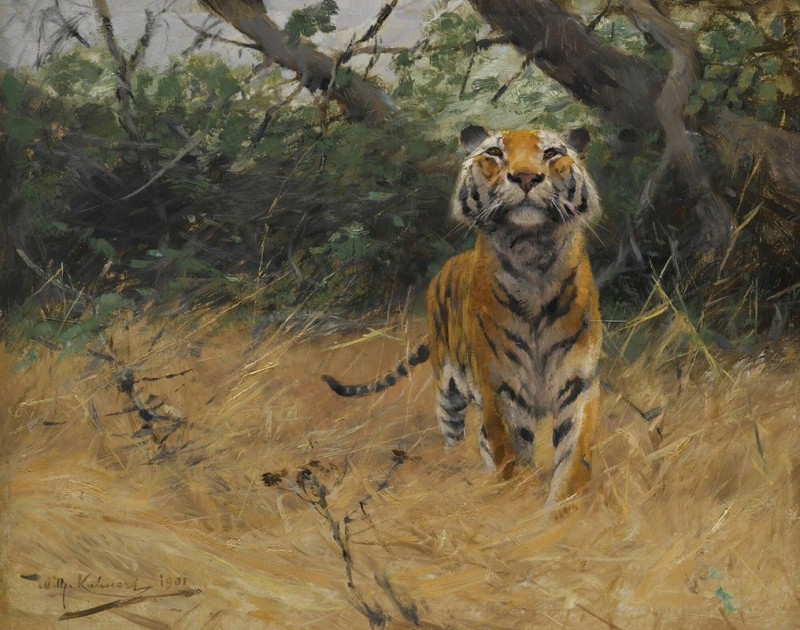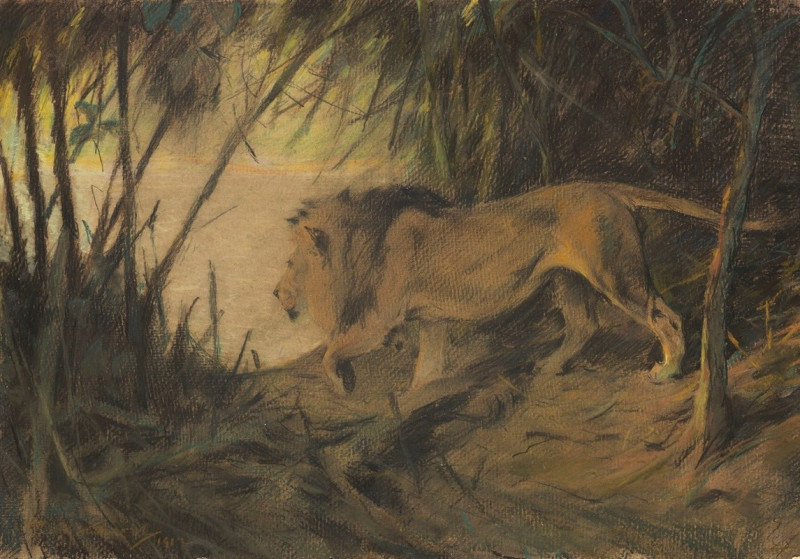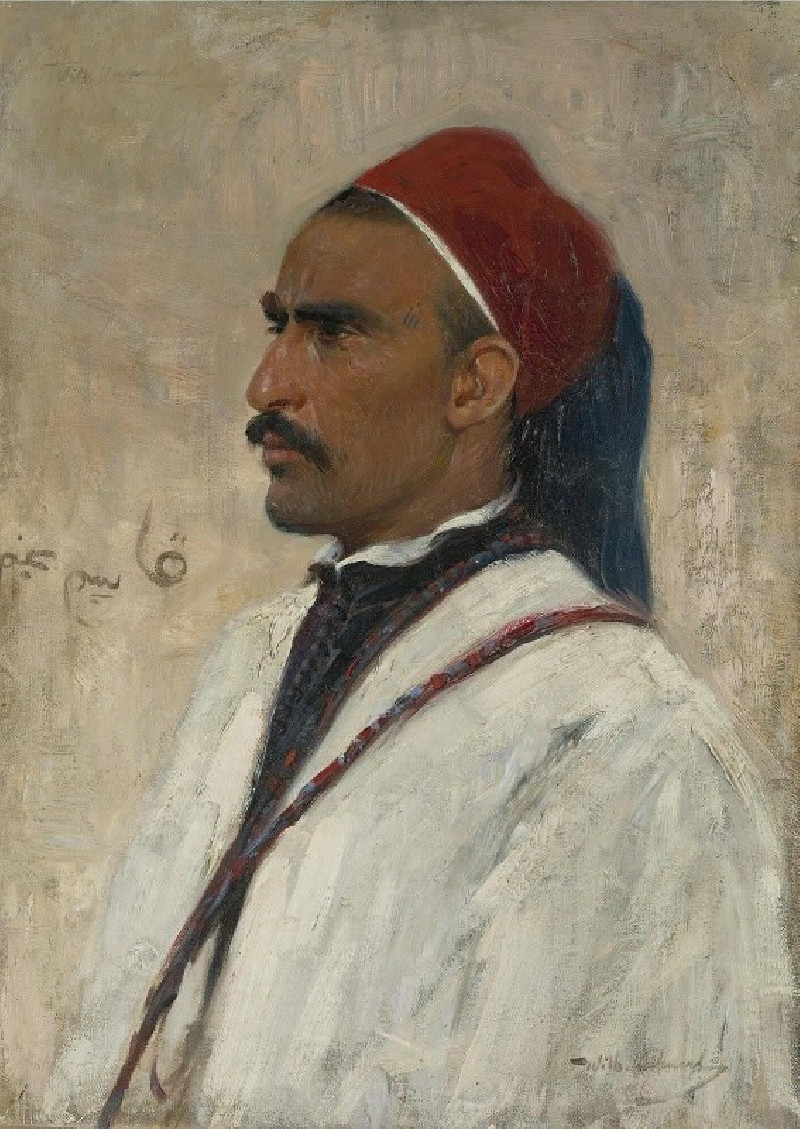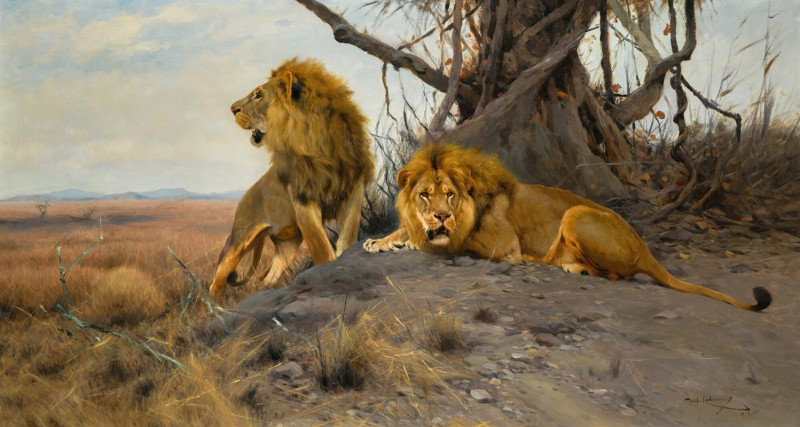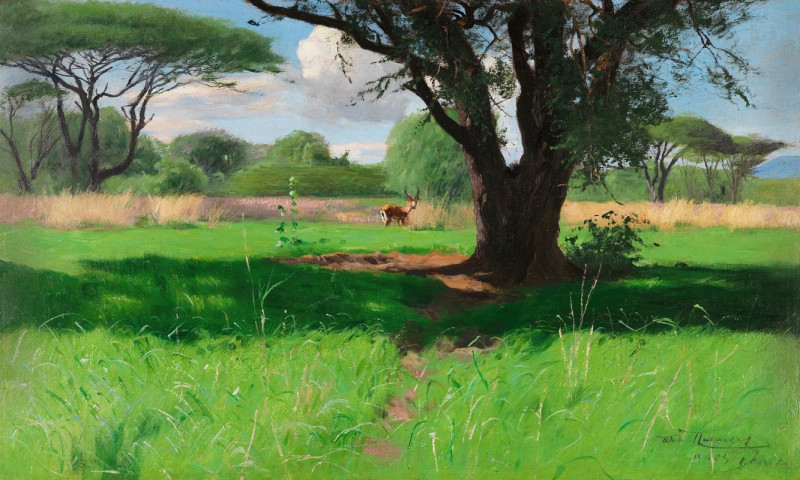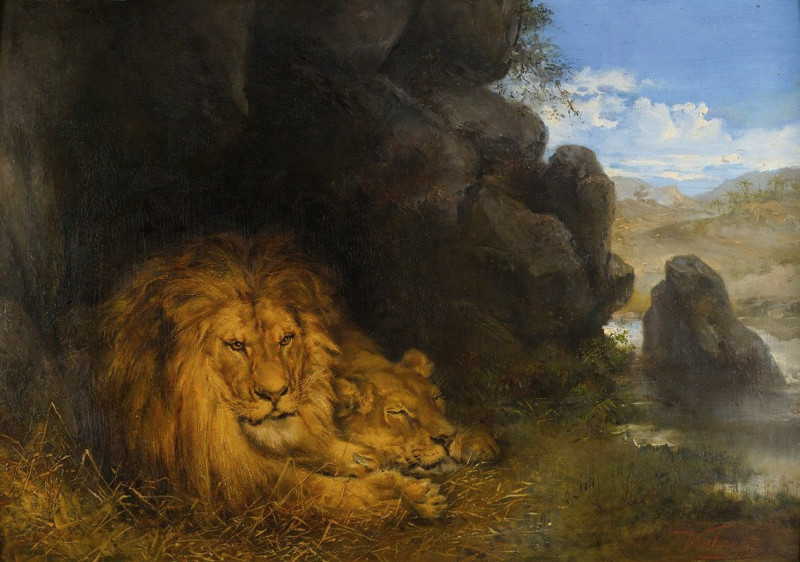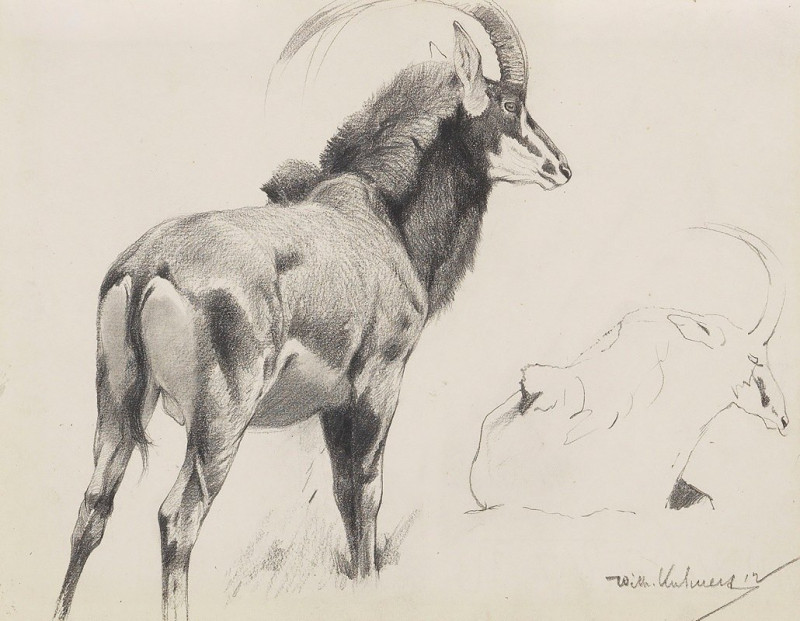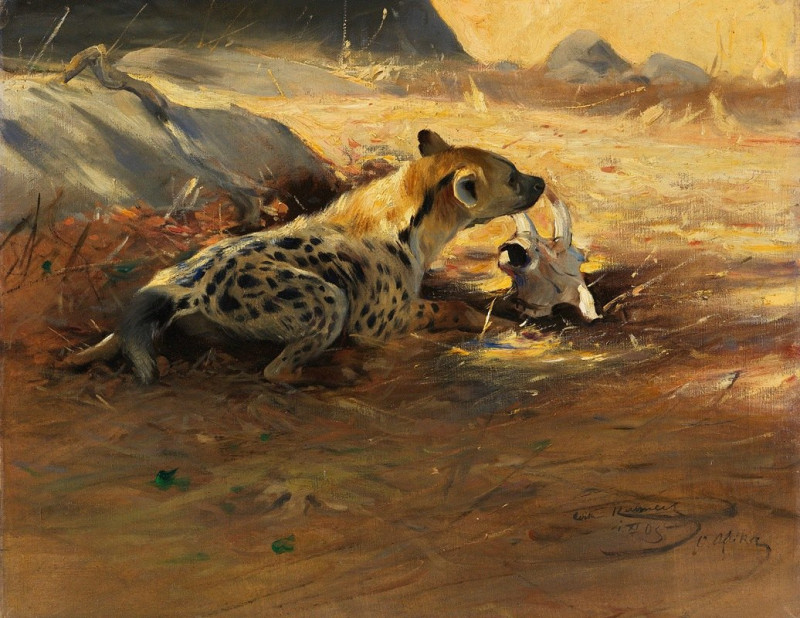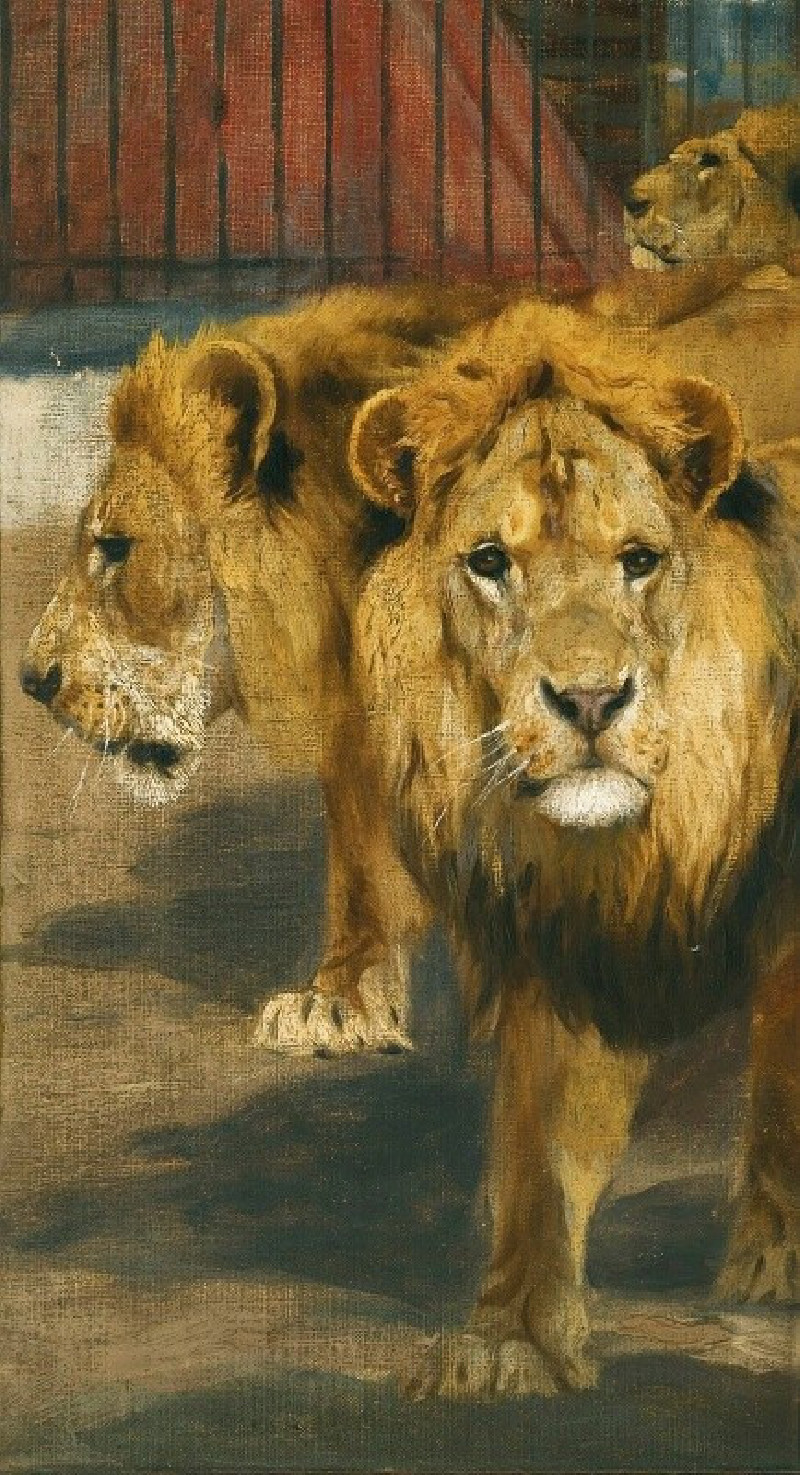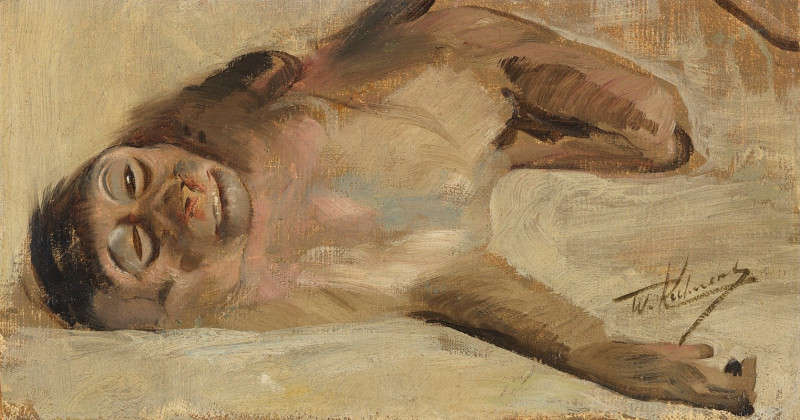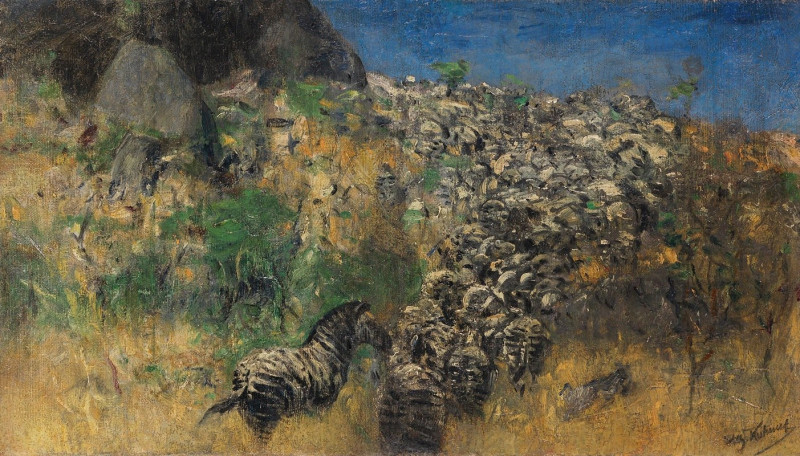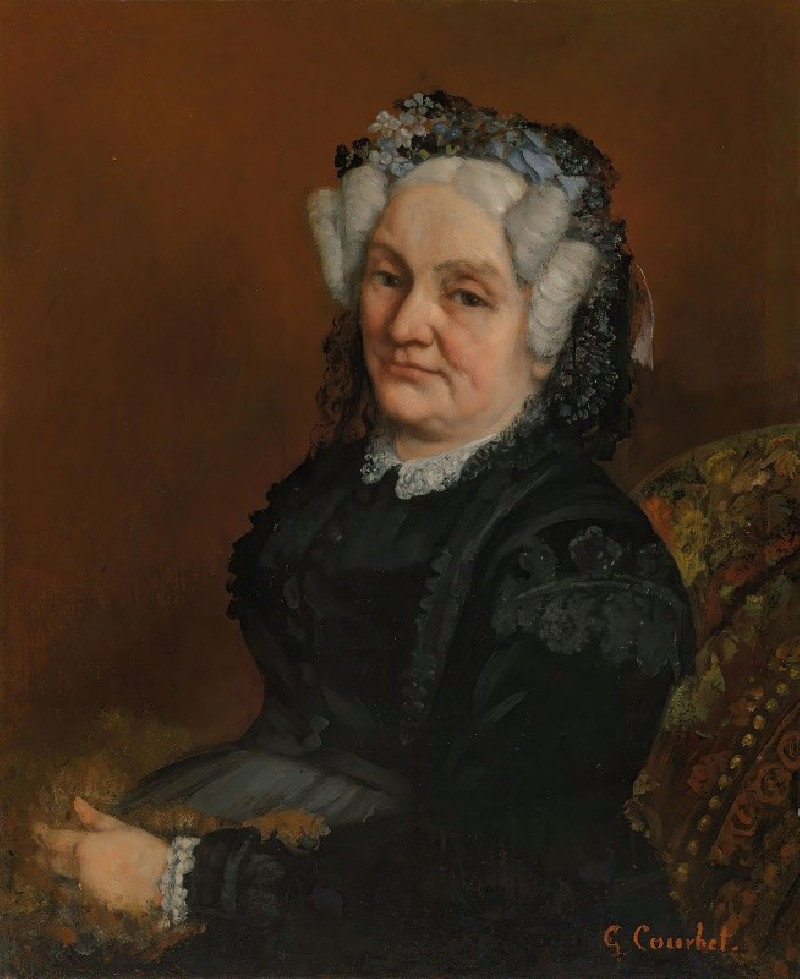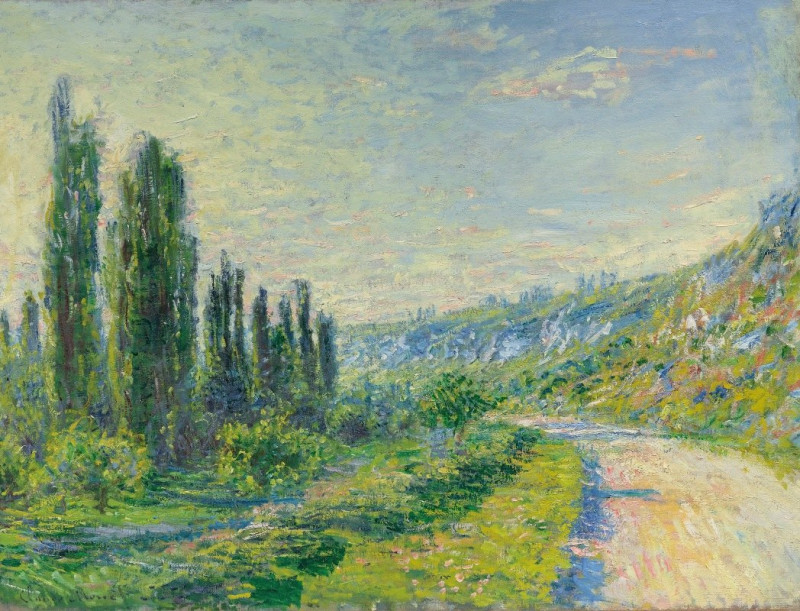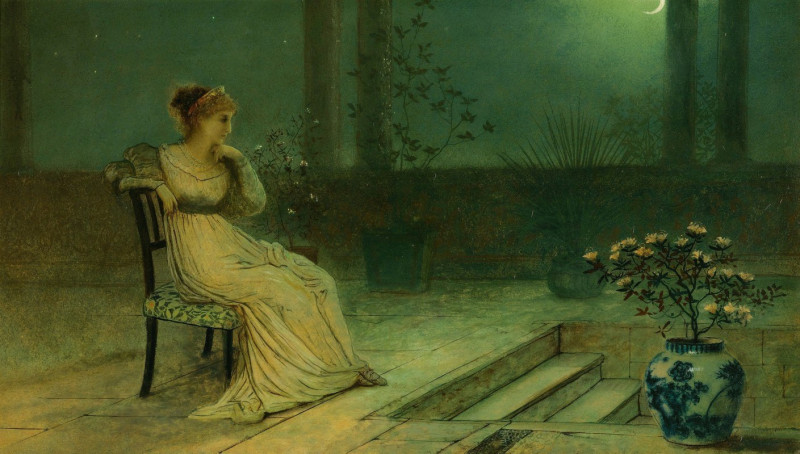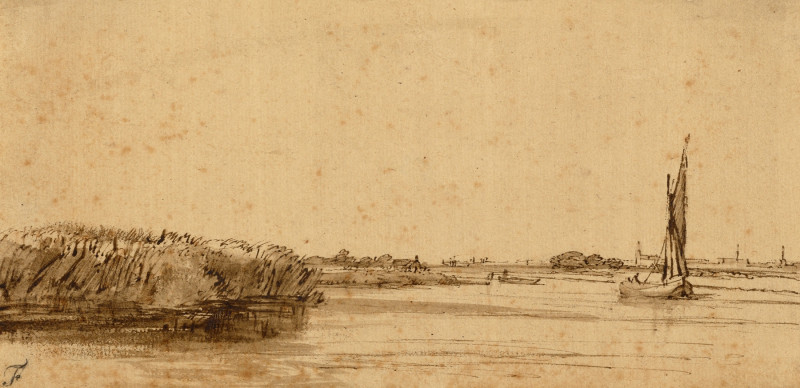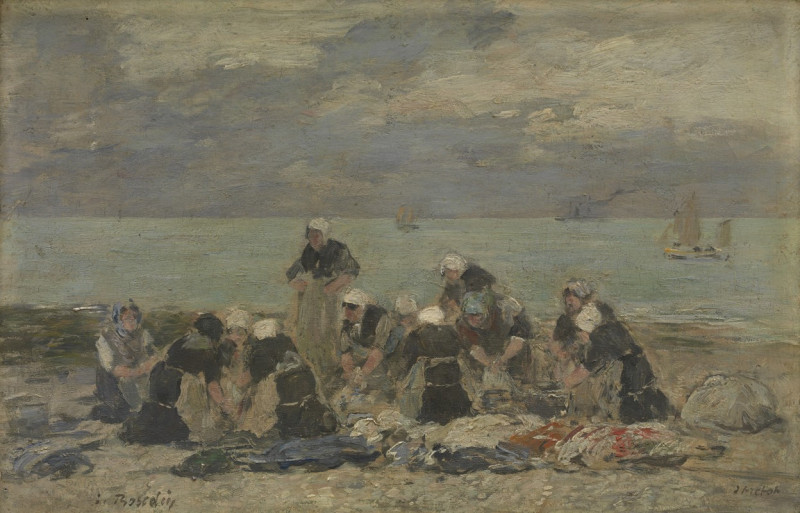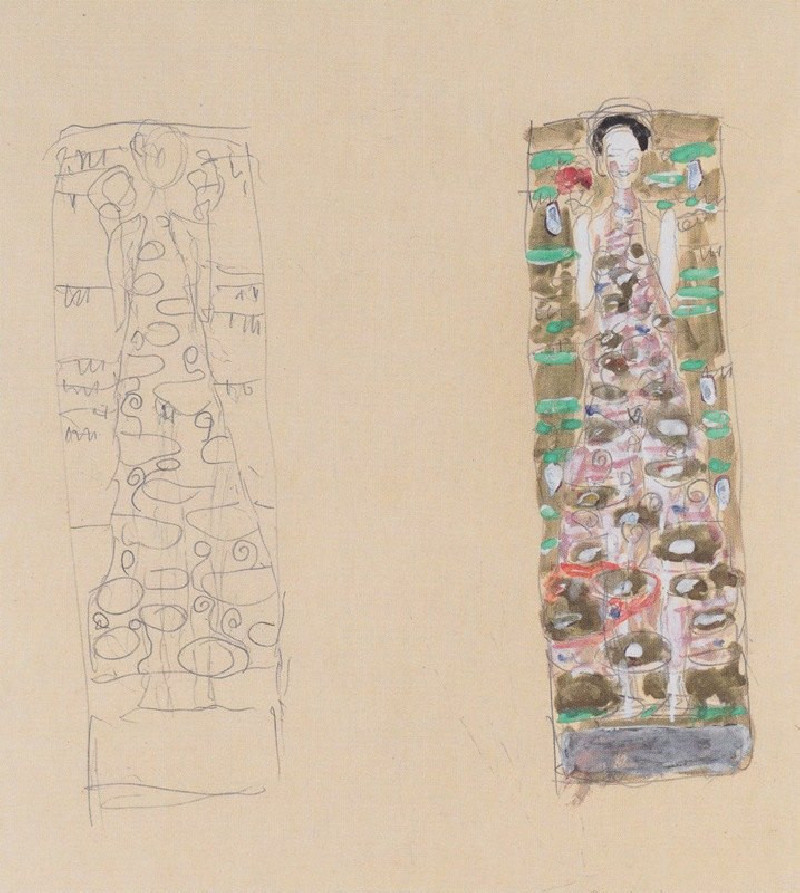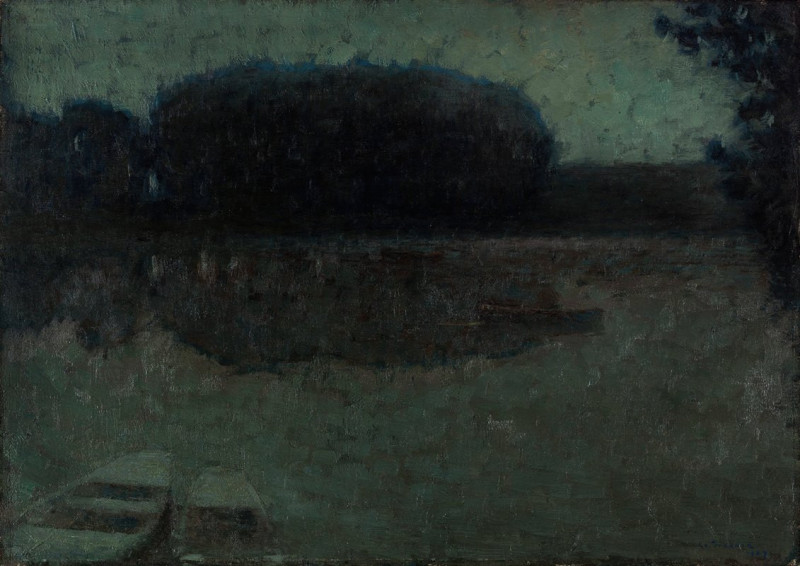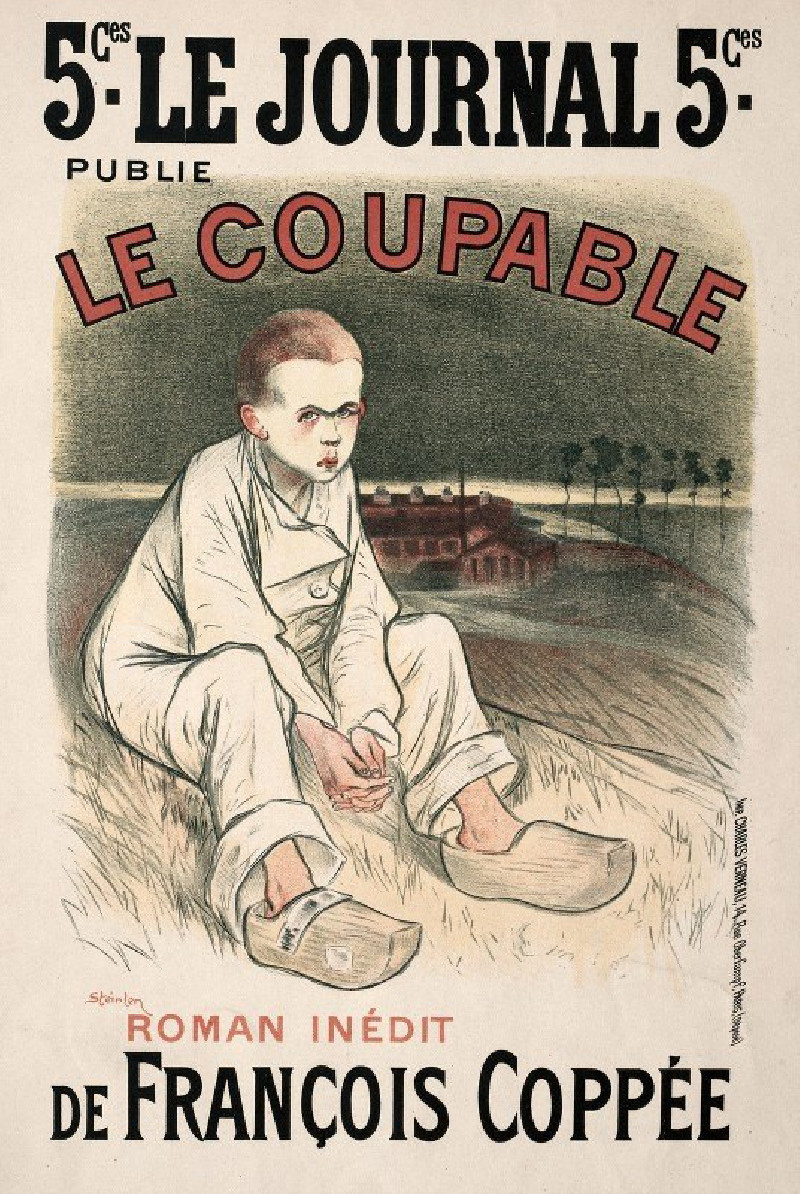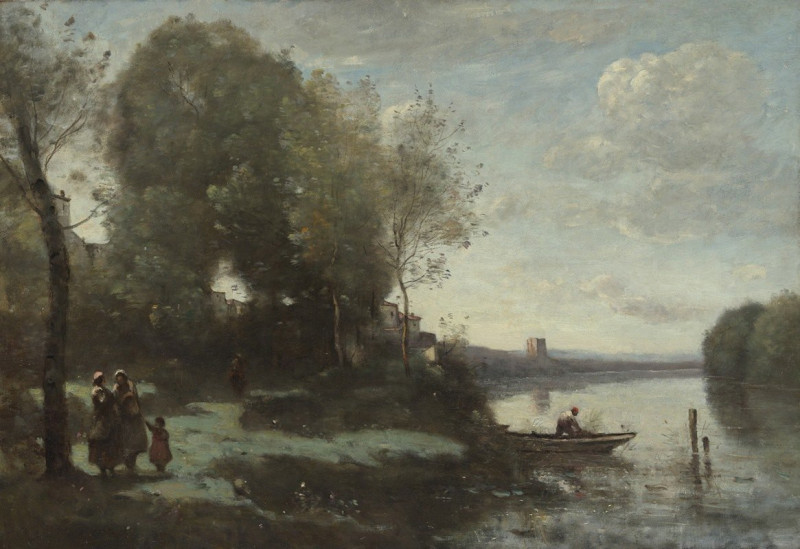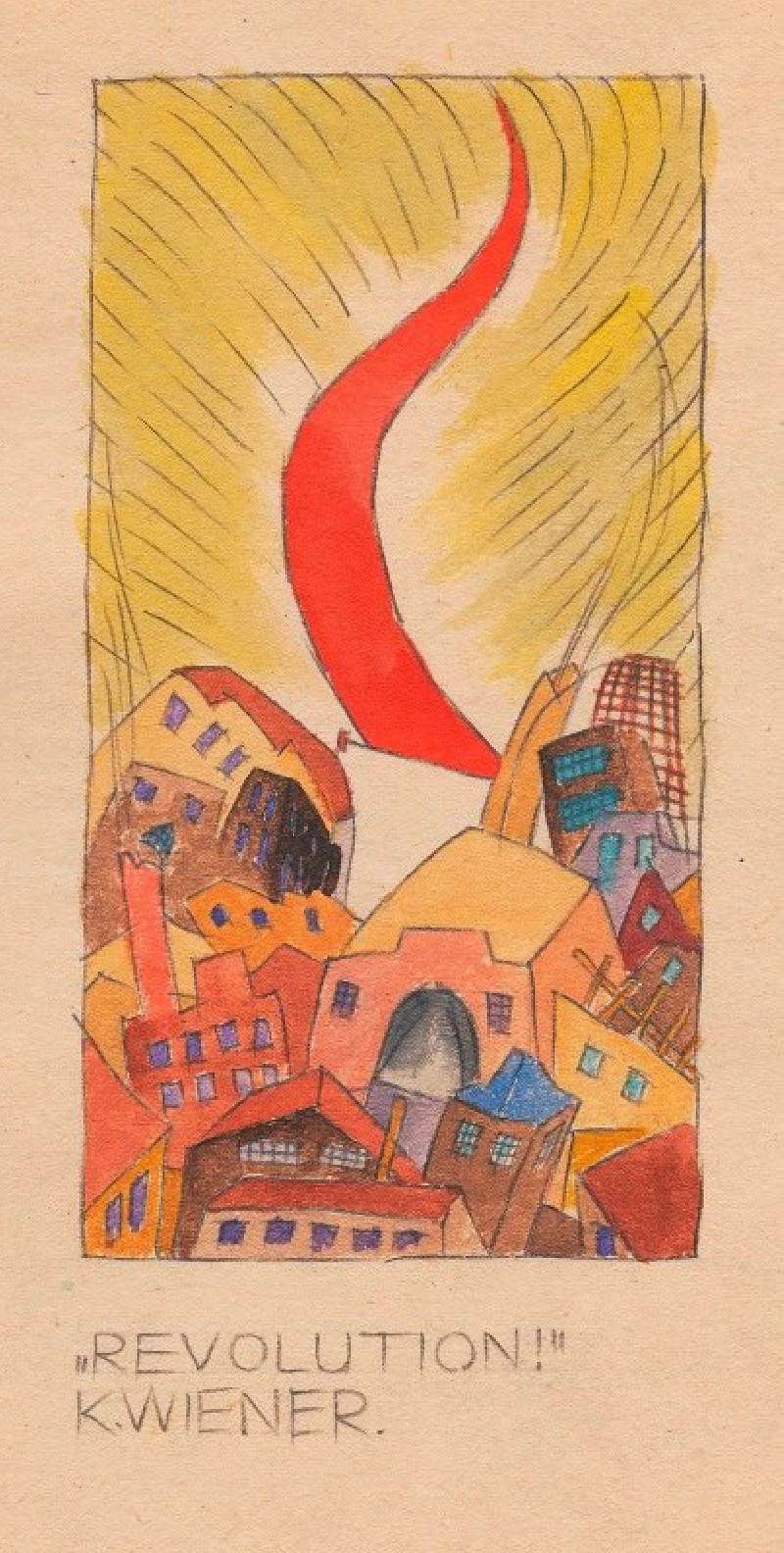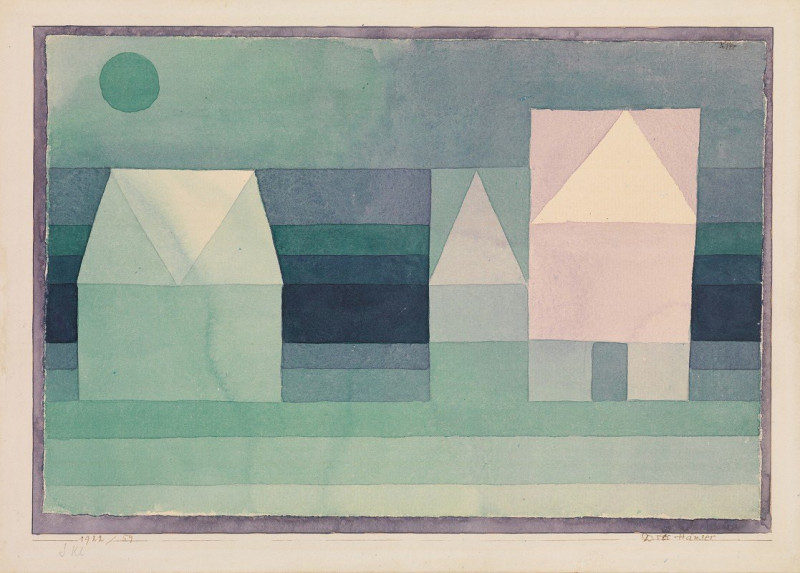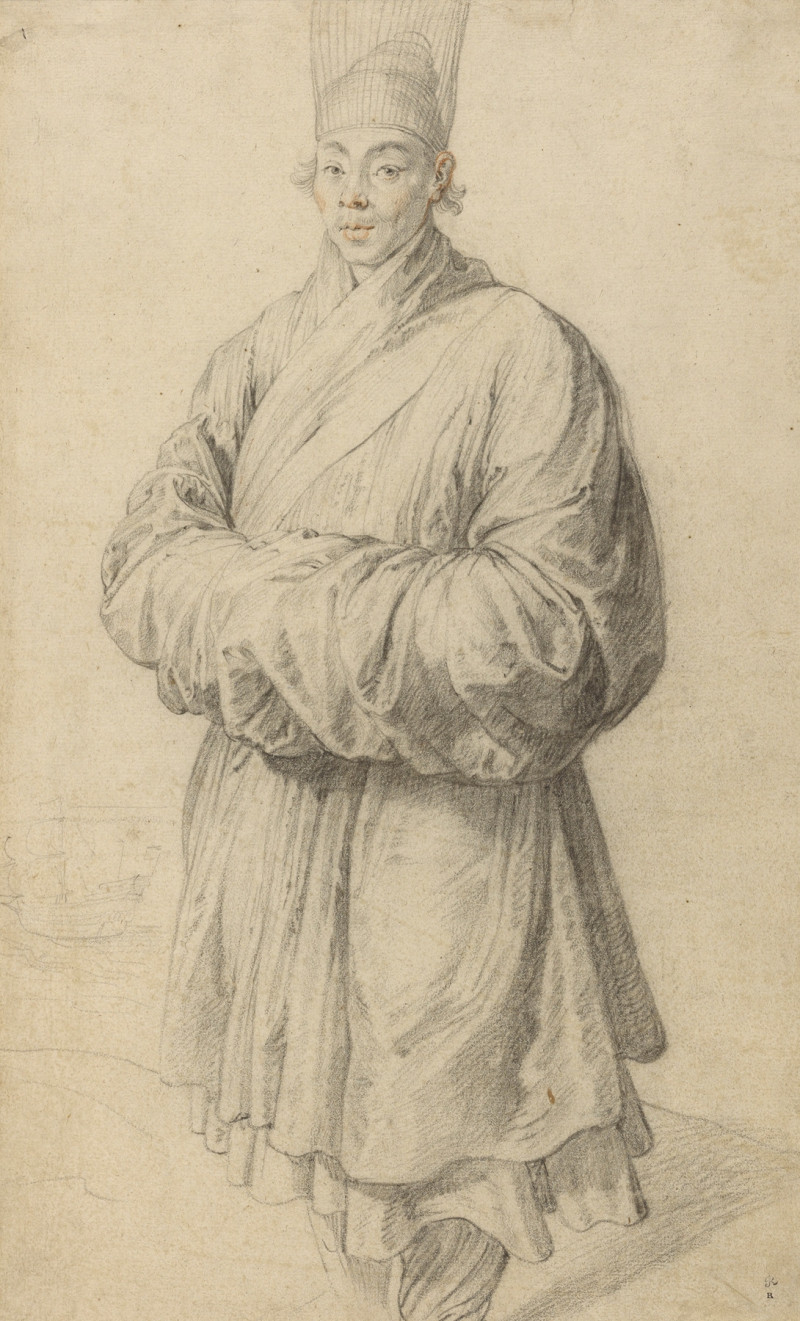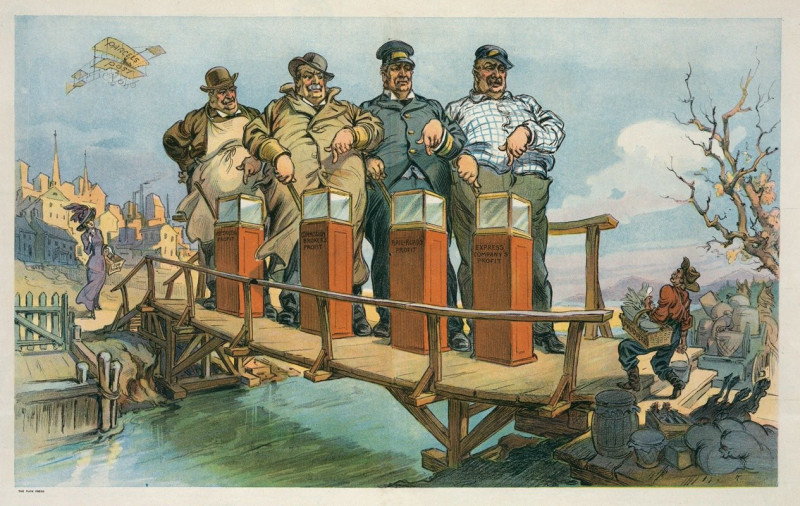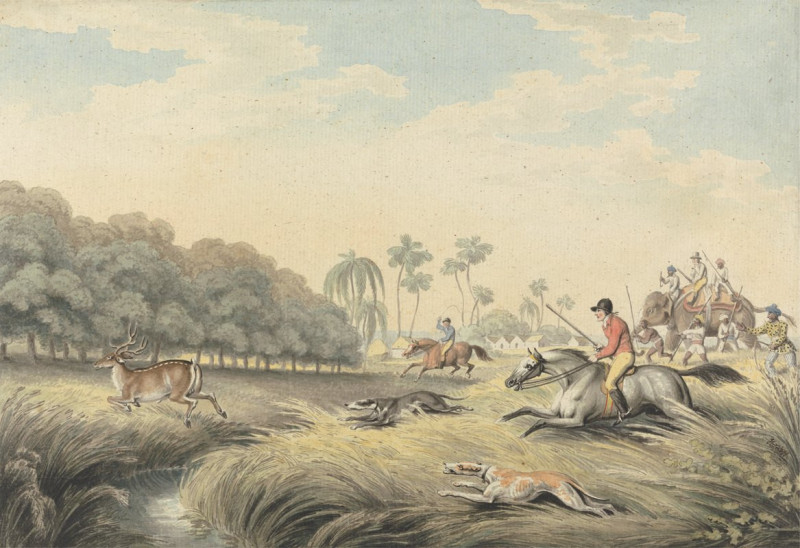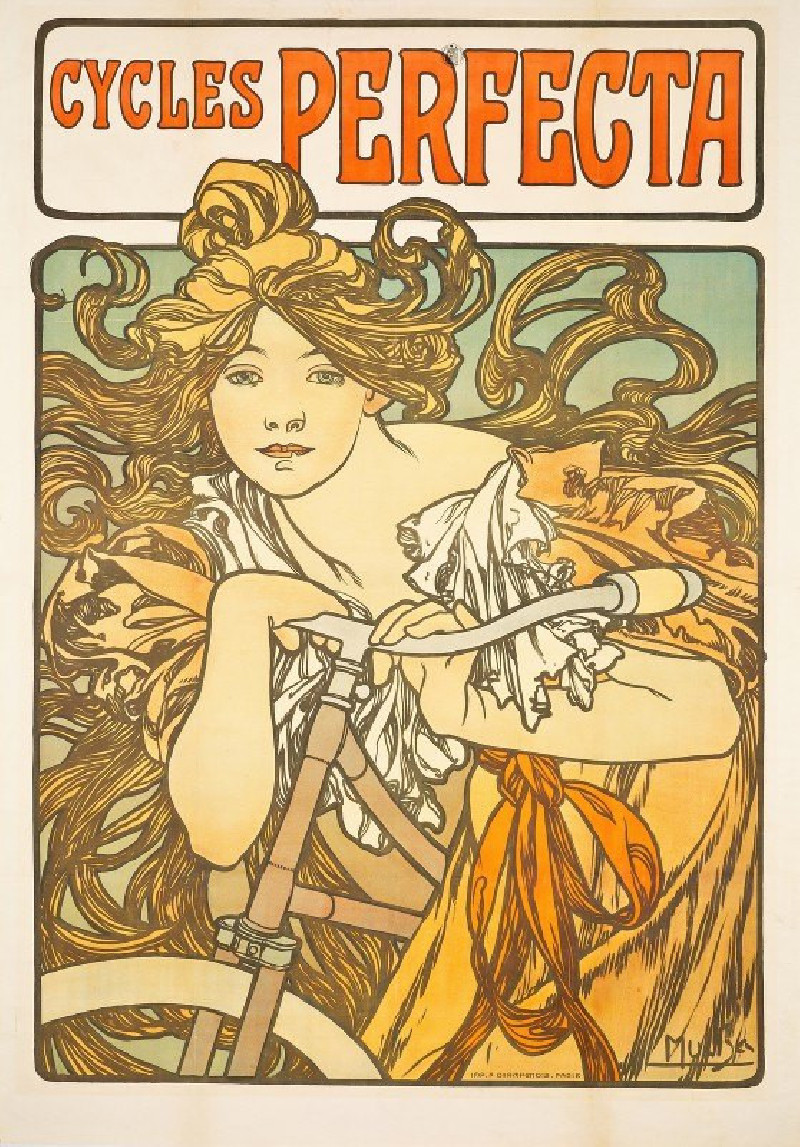Besiegt (Rothirsche) (1920)
Technique: Giclée quality print
Recommended by our customers
More about this artwork
"Besiegt (Rothirsche)" (1920) by Wilhelm Kuhnert is a compelling drawing that vividly illustrates a moment of raw natural tension. The artwork captures two red deer—a dominant stag standing triumphantly, and another subdued and lying on the ground, having clearly lost a fierce battle. The victorious stag, with an imposing rack of antlers, is depicted in an assertive stance with its head turned towards the viewer, emitting a powerful roar that seems to resonate beyond the confines of the sketch. The defeated stag is portrayed with a palpable sense of stillness and finality, contributing to the somber weight of the scene.Kuhnert's mastery is evident in the detailed rendering of the animals’ fur and the intricate textures of their grand antlers, which stand out boldly against the lightly sketched, indistinct background. This contrasting technique focuses the viewer’s attention squarely on the dramatic interaction between the two stags. The scene is not just an exhibition of wildlife behavior but is imbued with emotional depth, highlighting themes of survival, conflict, and the relentless cycle of natural life.
Delivery
Returns
Friedrich Wilhelm Kuhnert was a German painter, author and illustrator who specialized in depictions of animals. After illustrating Alfred Brehm's books, he traveled to German East Africa to observe animals in their natural habitat and created a series of paintings that defined Africa for many Germans of the period.

